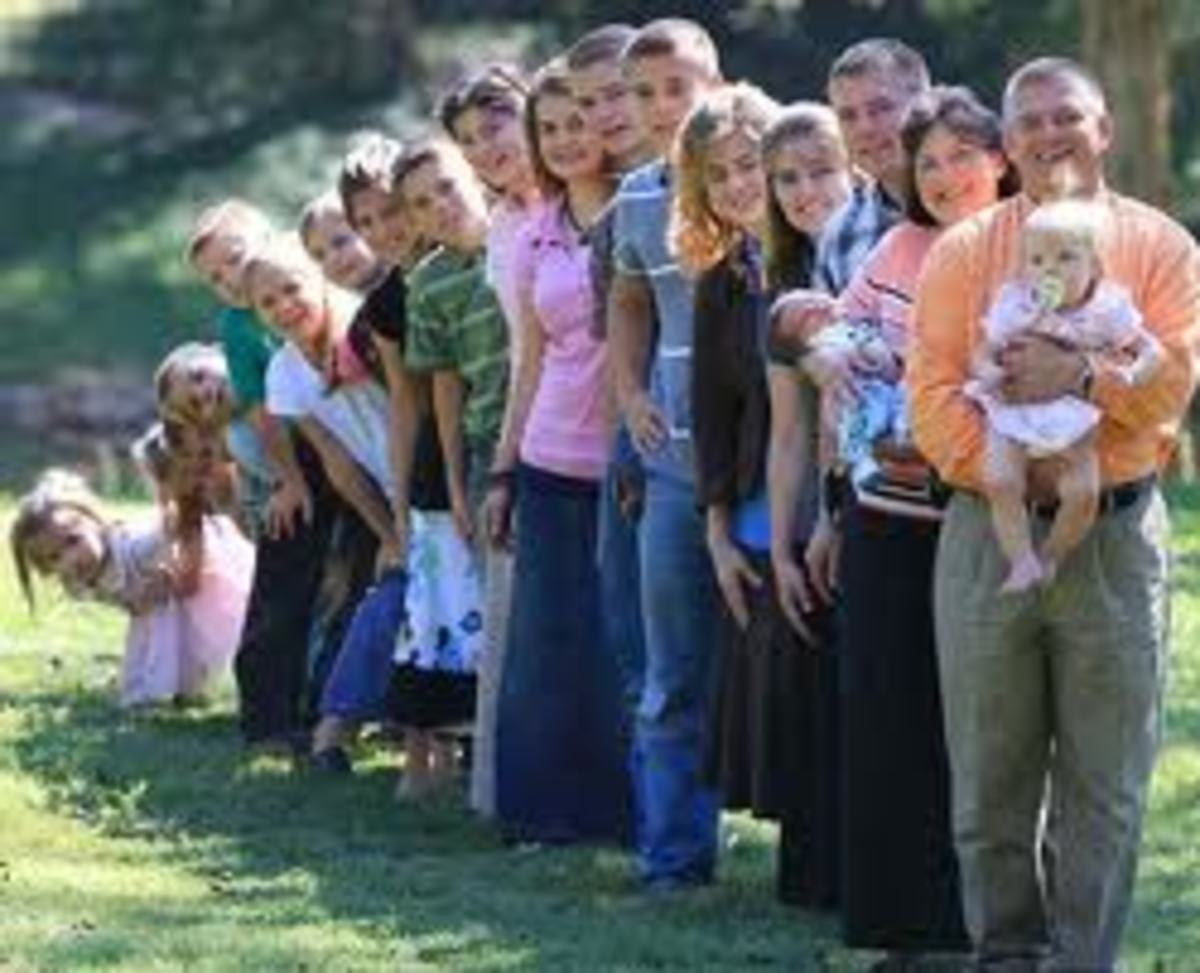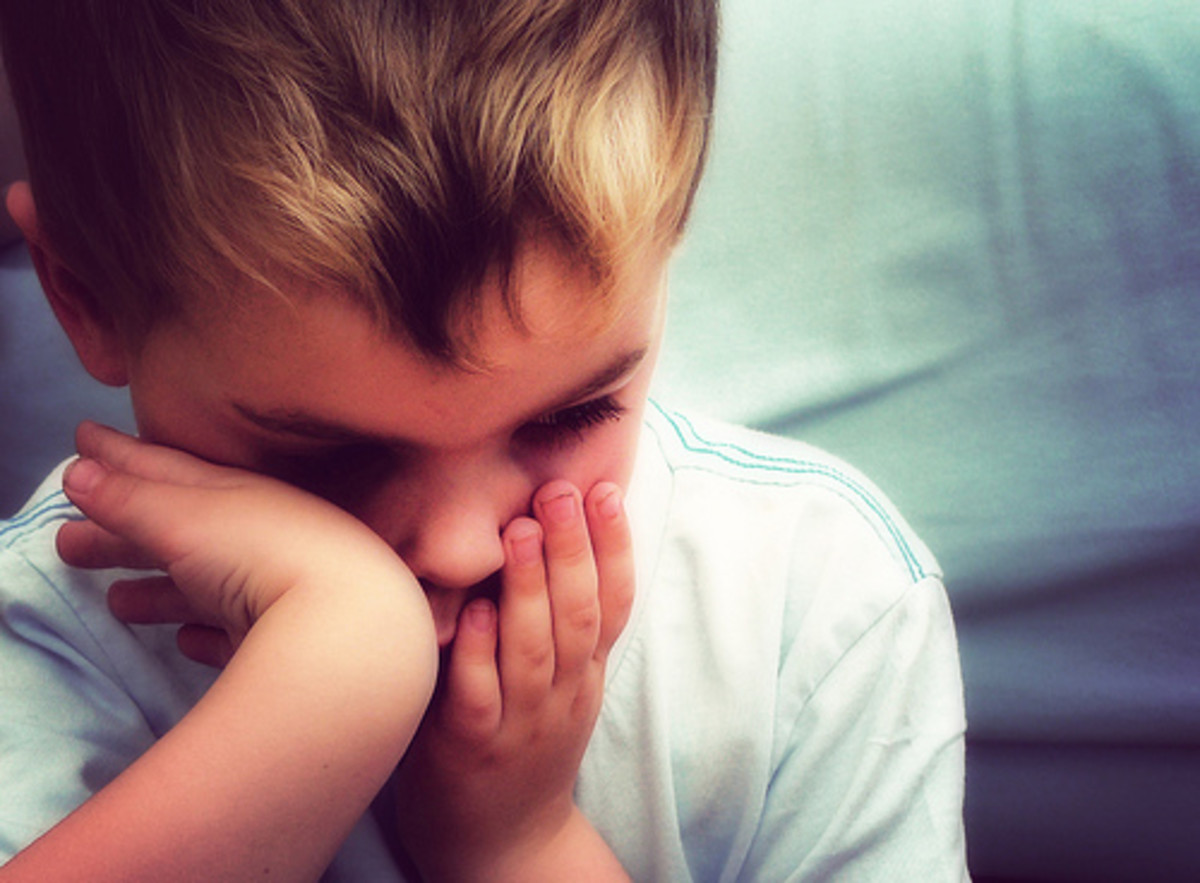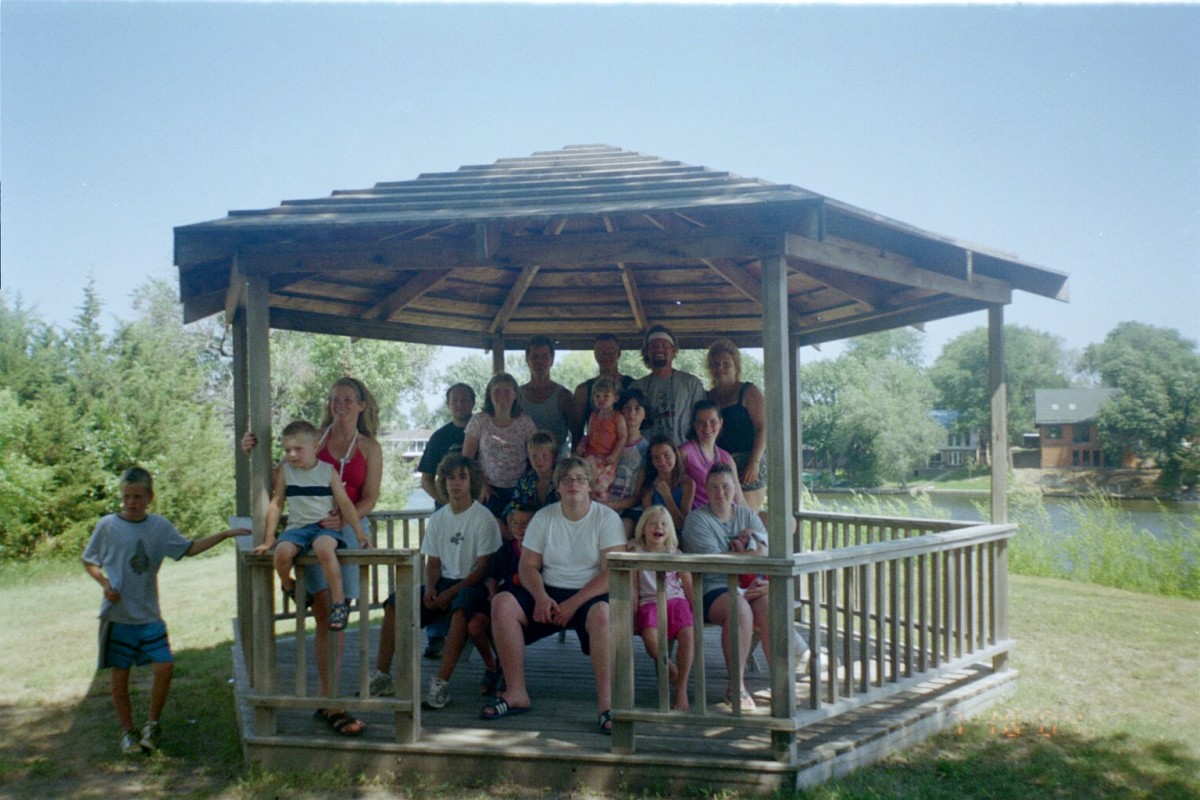The Influence of Family Size on Parenting Styles


Small Family Parenting Style






Large Family Parenting Style






How Does Family Size Impact on Parental Styles
There are different types of parental styles as there are families. There are many factors influencing parental styles such as socioeconomic income, educational level of the parents, religion, and how the parents were raised as children. Family size is also an important component as to how children are raised and nurtured by their parents.
In small families(1-2 children per household), parenting styles are more nurturing and involved. As there are few children per family, they receive individualized attention and hands on involvement from their parents. Parents have the time to study and access their children's individual needs and personality. They have more time to devote to raising and teaching their children in a small family.
In a small family, chances are that there is oftentimes more economic and emotional resources per child. Parents seem to be more patient raising their children as there is more time to devote to each child. There is also the span of control. In small families, the ratio of children to parents is either equal or less. This translate into parents having control over each child. Children in small families are mostly planned and this reflects upon how the child is raised. Parents in small families tend to be more affectionate with their children.
In small families, parents are more willing to discuss issues with their children. They view their children as individuals. They tend to be democratic in their approach to child rearing. Parents of small families usually take their children with them on cultural and intellectual activities with them such as museums, restaurants, plays, and traveling abroad. As a result of this close one-to-one relationship, many children from small families have an intense relationship with their parents, regarding them as their best friends.
Conversely, parental styles in large families (6 or more children per household)are usually more abrupt, harsh, and hands off. When there is a large number of children per family, it is extremely difficult to devote a lot of equal time to each child. The ratio of children to parents in large families is greater. This translates that parents oftentimes do not have an adequate span of control over their control. That or they have to resort to extreme methods to exercise that span of control.
This lack of effective parental span of control explains why in large families, the oldest/older children are enlisted with the responsibility of raising the younger siblings. Parents cannot effectively raise children by themselves in the large family environment. For instance, my maternal grandmother had ten children. It was left to my aunt, the third child of ten, to raise them as my mother, the oldest, left home to attend boarding high school.
As a consequence, of there being little or next to none economic and emotional resources allotted in raising a large family, parents usually have to be authoritarian and strict to have peace within the household. Many children from large families are not close to their parents but to each other. I have many friends who grew up in large families, stating that their closest relationships were with each other and/or older siblings but not with their parents.
Children in large families oftentimes view their parents as distant, less nurturing, and less approachable. In large families, parents are less patient and more abrupt with their children because of the sheer number of children in the family. It is quite rife in large families for parents to use corporal and other harsh forms of discipline to punish their children.
Parents in large families inculcate their children that they are not special and do not consider their individuality. Children in large families are taught to sublimate their individual needs and desires for the whole family unit. Parents of large families maintain that the idea of self-assertion and individuality are inconclusive to the family unit. Children in large families are strongly and ruthlessly discouraged from exhibiting their individuality for that is viewed as selfish and/or self-indulgent. They are considered to be nondescript cogs in the family dynamic.
As parents in large families spend little time with their children, their main source of company is each other. It is not usual for parents of large families to send their children out of house to get peace and respite. Many parents of large families view their children as perfunctory obligations to be endured until the latter reach adulthood and are out of the house for good. To reiterate, many children from large parents report that their parent-child relationship is cold and distant at best. The idea of close parent-child relationships is quite an anathema in the typical large family environment.
As a consequence of little parental involvement in large families, children in large families are on their own at very young ages. They have to learn to navigate among themselves as to what is right and wrong behaviors. If one observes the typical large family, he/she will find that the parent is completely hands off and/or uninvolved and the children are left to their own devices. For example, one of my classmates who is one of twenty children, had to raise herself from childhood as her parents were busy with the other children. She had to teach herself the rudiments. Yes, it is typical for children in large families to raise themselves. They must learn to swim and thrive or to sink and go under. They are their own parents so to speak.
In conclusion, family size is an extremely important component as to how parents raise their children. Parents are more involved and nurturing towards their children in small families. This is because they have more emotional and mental resources to devote to each child. Children in small families have immediate access to their parents. They can always approach their parents when they either want to discuss something or have a problem.
Parents in small families encourage, respect, and value their children's individuality. They enjoy doing things with their children and consider them to be an integral part of the family unit. They are democratic and more humane in their approach to child rearing. They also use more constructive and educational methods to discipline and punish their children.
In large families, parents are more hands off, less approached, and less involved in their children's lives. They oftentimes enlist the oldest/older children in raising the younger children because they cannot effectively raise such a large number of children by themselves. Children in large families do not have ready and immediate access to their parents as they are with other children.
Parents cannot and/or unable to give their children the individualized attention they need. In large families, there are children who are cast aside and neglected while others receive some form of love and attention. Emotional and mental resources of parents are stretched to the psychological limit in large families. This translates into parents' being somewhat impatient and abrupt when interfacing with their children.
Many times parents of large families have to institute a harsh and strict methodology to get their children into compliance. Corporal and other more punitive forms of discipline and punishment is not unheard in the large family environment. Parents of large family decry individuality in their children, believing that it is selfish and that their children are merely cogs who exist for the good of the whole family unit.
Since parents of large families are less involved in their children's lives, the latter must depend upon siblings either to teach and/or raise them. Others learn on their own. Children in large families have to navigate their environment. In other words, they metaphorically have to do or die.
© 2010 Grace Marguerite Williams








